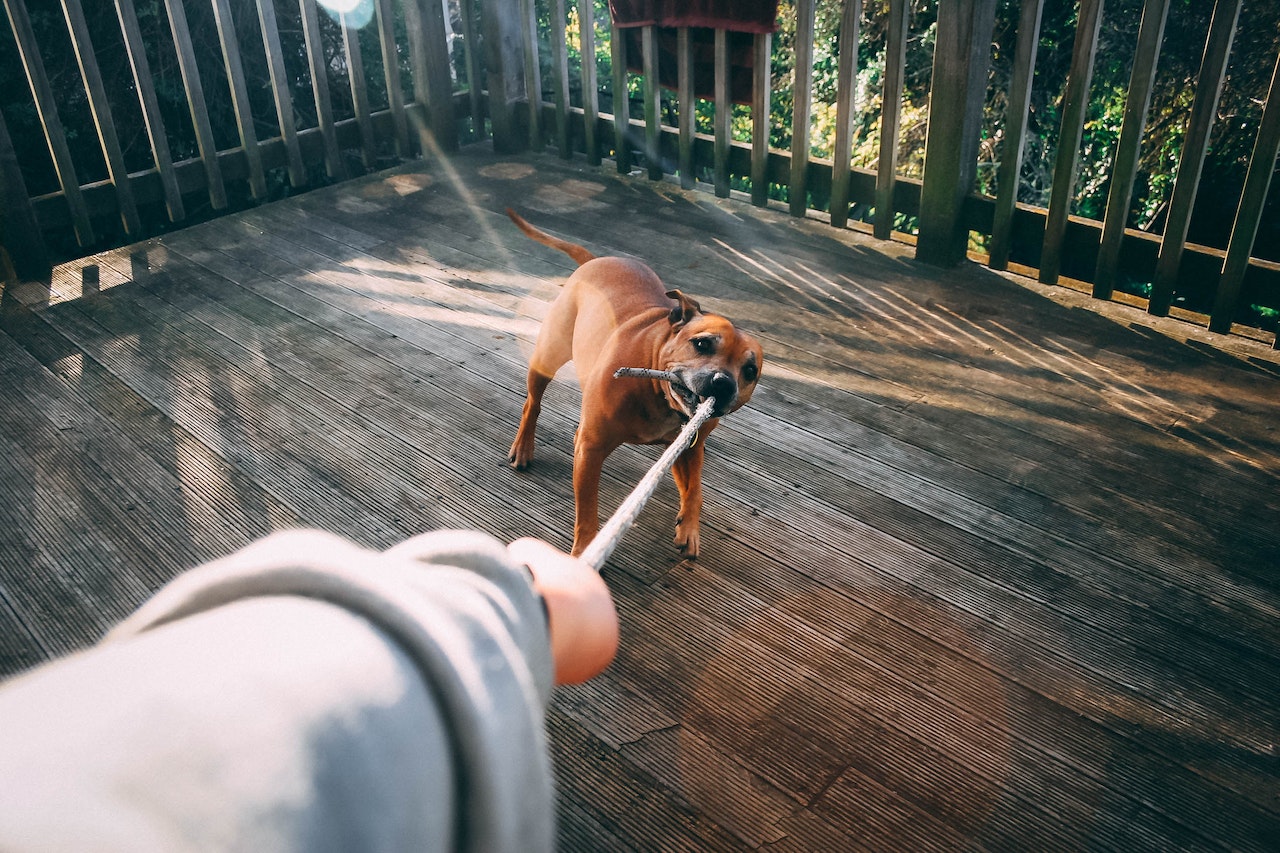Why dogs bite and how to deal with it
by Mikael Eriksson
Dogs love to play, but sometimes they can get a little too excited and start biting. While some level of mouthing and nipping is normal behavior for puppies, it’s important to teach them appropriate biting habits to prevent them from becoming aggressive or causing harm. Here are some tips for getting your dog to stop biting.
Understand why your dog is biting
Before you can stop your dog from biting, it’s important to understand why they are doing it. Puppies may bite as part of their play behavior, while older dogs may bite out of fear or aggression. Knowing why your dog is biting will help you choose the best approach for stopping the behavior.
Socialize your dog
Socialization is an important part of teaching your dog appropriate behavior. Expose them to a variety of people, animals, and situations so they can learn how to interact with others without resorting to biting. Socialization also helps reduce anxiety and fear, which can be a common cause of biting behavior.
Use positive reinforcement
Positive reinforcement is a powerful training tool that involves rewarding your dog for good behavior. When your dog stops biting, reward them with verbal praise, treats, or toys. This will help them associate good behavior with positive experiences and encourage them to repeat the behavior.
Teach your dog bite inhibition
Bite inhibition is the ability to control the force of a dog’s bite. Puppies naturally learn this behavior from their littermates, but you can reinforce it by yelping or saying “ouch” in a high-pitched tone whenever your dog bites too hard. This will help your dog understand that biting too hard is not acceptable.
Use time-outs
If your dog continues to bite despite your efforts to stop the behavior, a time-out can be an effective way to teach them that biting is not acceptable. When your dog bites, say “no” firmly and immediately remove them from the situation. Place them in a separate room or crate for a few minutes to allow them to calm down.
Seek professional help
If your dog’s biting behavior is severe or persistent, it may be time to seek professional help. A dog trainer or behaviorist can help you identify the root cause of the behavior and develop a personalized training plan to address the problem.
In conclusion, teaching your dog to stop biting requires patience, consistency, and positive reinforcement. By understanding why your dog is biting, socializing them, using positive reinforcement, teaching bite inhibition, using time-outs, and seeking professional help if necessary, you can help your dog learn appropriate behavior and enjoy a happy, healthy life with you.
